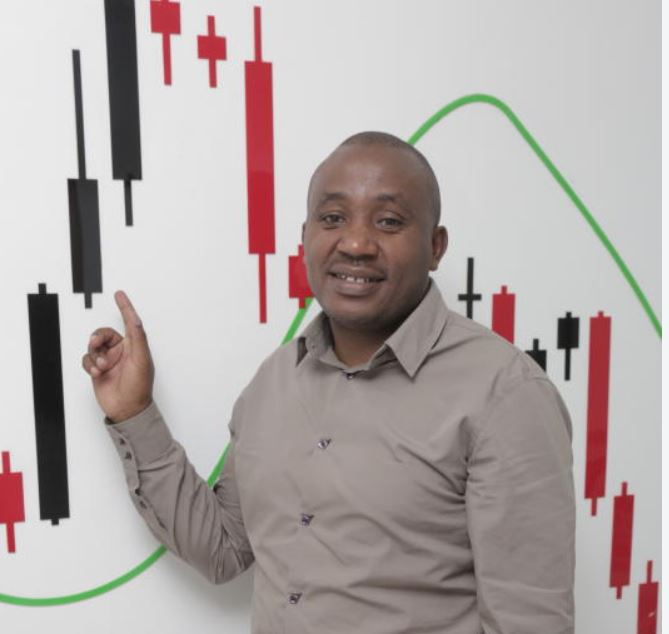×
The Standard e-Paper
Stay Informed, Even Offline

There has been a lot of talk both online and offline about forex trading. While it is great idea to earn some extra cash in these lean times, getting into it can be daunting. Like every other trade, forex trading has its own jargon that you need to understand before putting in your money. To demystify some of them, JACQUELINE MAHUGU spoke to Richard Mutinda (Above), the team leader of the forex and securities curricula and co-author of forex and securities textbooks.